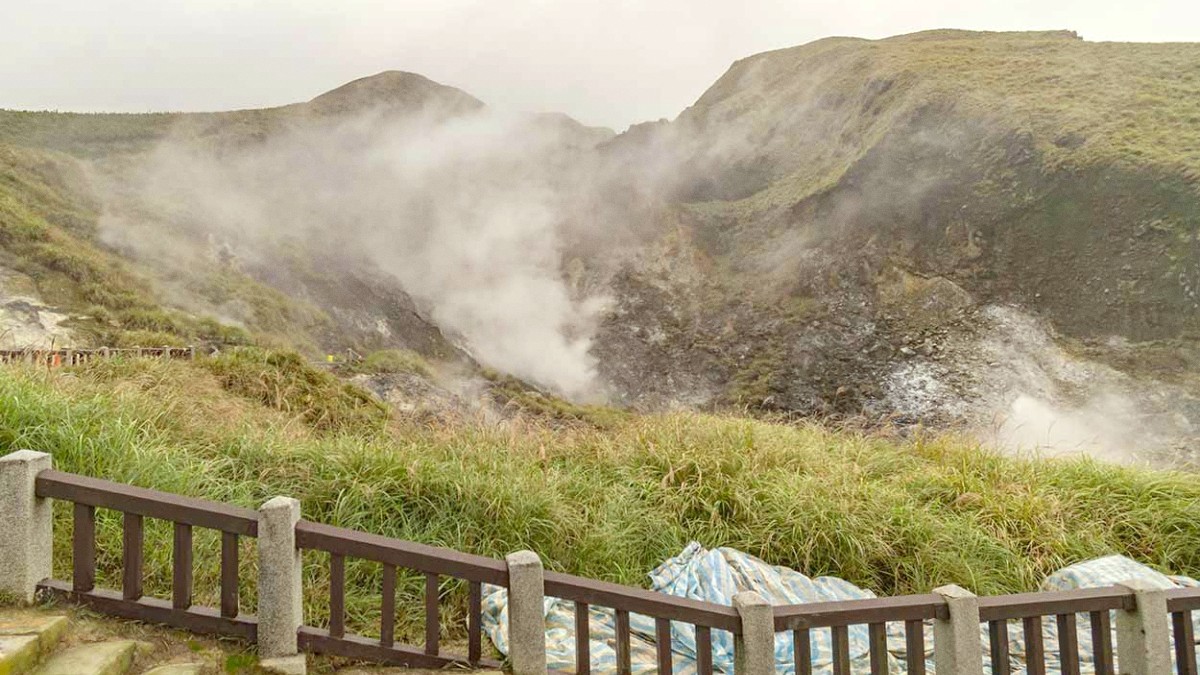
Taipei, Taiwan
Taiwan has three major mobile providers: Chunghwa Telecom, Far EasTone, and Taiwan Mobile. All have reliable service. Purchase SIM cards upon arrival at Taiwan Taoyuan International Airport (TPE) or at convenience stores and provider shops in major cities. Airport kiosks frequently have tourist-specific packages ready for immediate activation.
Free Wi-Fi is widely present in public spaces, including MRT stations, government buildings, libraries, and many cafes and restaurants. Look for "iTaiwan" or "Taipei Free". Most hotels and hostels have free Wi-Fi.
Taiwan Post (中華郵政) offers dependable and efficient postal services. Post offices are easy to find in cities and towns across Taiwan. You can send postcards, letters, and packages.
Mandarin Chinese, written using Traditional Chinese characters, serves as the official language. Many younger people, especially in tourist areas, hotels, and major MRT stations, speak English. English signage is common in public transport and tourist attractions.
Using a local eSIM from Airalo or a portable Wi-Fi device like Solis Wi-Fi keeps you connected without hassle.
Generally operate Monday to Friday, from 9:00 AM to 5:00 PM.
Most shops open around 10:00 AM or 11:00 AM and close at 9:00 PM or 10:00 PM. Department stores often have later opening and closing times.
Breakfast shops open very early (e.g., 6:00 AM). Lunch usually runs from 11:30 AM to 2:00 PM. Dinner from 5:30 PM to 9:00 PM. Night markets open late afternoon until midnight or later. Convenience stores often operate 24/7.
Banks operate Monday to Friday, from 9:00 AM to 3:30 PM. ATMs are widely available 24/7 at banks, convenience stores, and MRT stations. Most accept international cards with Cirrus, Plus, Visa, or MasterCard logos.
Taiwan observes several public holidays, including Lunar New Year (variable January/February), 228 Peace Memorial Day (February 28), and others throughout the year.
Verify opening times for specific attractions or dining spots, as individual businesses might deviate from general hours, especially during holidays.
Embracing local customs deepens your travel experience.
A simple "Nǐ hǎo" (hello) with a slight bow presents a polite gesture. Handshakes are common in business or formal settings.
Casual dress is generally suitable. Dress modestly when visiting temples (shoulders and knees covered). For public hot springs, a swimsuit is necessary.
Tipping is not expected. Slurping noodles or soup is fine and expresses enjoyment.
Photography is generally acceptable. Always be respectful and ask for permission before taking close-up photos of people, especially children.
Observing local behavior and adapting accordingly is a great way to show respect and immerse yourself in the culture.
Taiwan has made significant advancements in improving accessibility for travelers with disabilities.
Taipei MRT is highly accessible, with elevators at all stations and designated spaces on trains. Buses are increasingly accessible, with many newer models equipped with ramps.
Many major attractions in Taipei, including Taipei 101, the National Palace Museum, and Chiang Kai-shek Memorial Hall, have wheelchair access. The MRT system provides accessible transportation throughout the city.
MRT stations feature tactile paving for visually impaired travelers and audible announcements. Public transportation is generally well-equipped with information in multiple formats.
Contact the Taiwan Tourism Bureau or specific attractions for detailed accessibility information before your visit. The Yangmingshan National Park website provides information on accessible trails and facilities within the park.